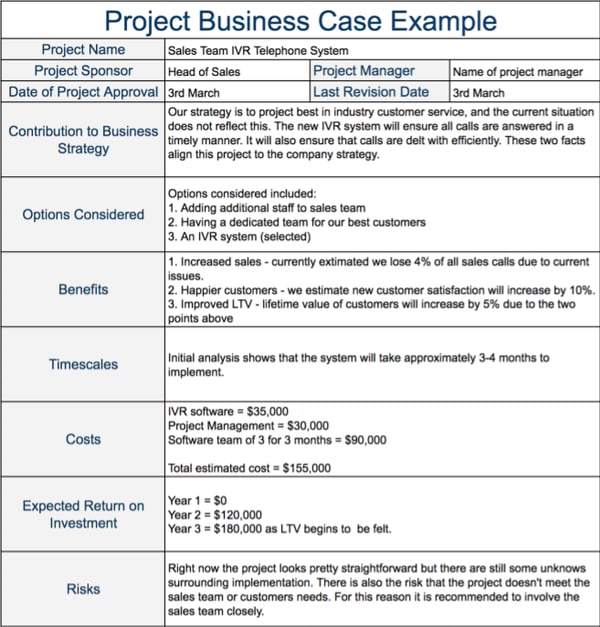
The Complete Guide to Writing an Effective Business Case in Plain English
A business case evaluates whether a project makes sense by analyzing its benefits, costs, risks, and opportunities. It justifies resource allocation and provides a clear implementation roadmap.

Woman at desk writing business case
Key Components of a Business Case:
- Project proposal and background
- Strategic goals and objectives
- Expected benefits and ROI
- Cost analysis and budget
- Risk assessment
- SWOT analysis
- Implementation plan
How to Develop a Business Case:
- Research Phase
- Define clear project goals
- Analyze competitor strategies
- Identify market gaps
- Conduct SWOT analysis
- Estimate preliminary budget
- Component Development
- Write detailed proposal
- Complete competitive analysis
- Create project timeline
- Develop implementation strategy
- Prepare detailed budget
- Implementation Planning
- Define execution steps
- Establish success metrics
- Assign team roles
- Set timelines
- Create monitoring system

Businessman with briefcase
Business Case Template:
Proposal Section:
- Project details
- Strategic context
- Vision and objectives
- Expected benefits
Analysis Section:
- SWOT analysis
- Competitive assessment
- Risk evaluation
- Market analysis
Implementation Section:
- Budget and ROI
- Project timeline
- Team responsibilities
- Resource requirements
- Success metrics

Business case template flowchart
Remember to keep your business case:
- Clear and concise
- Data-driven
- Solution-focused
- Scalable to project size
- Easy to understand
- Implementation-ready

Phone displaying Google Ads interface
A well-structured business case helps secure stakeholder buy-in and ensures project success by providing a comprehensive overview of the project's value proposition and execution strategy.
Related Articles

Add Pages to Site Navigation: A Step-by-Step Guide

